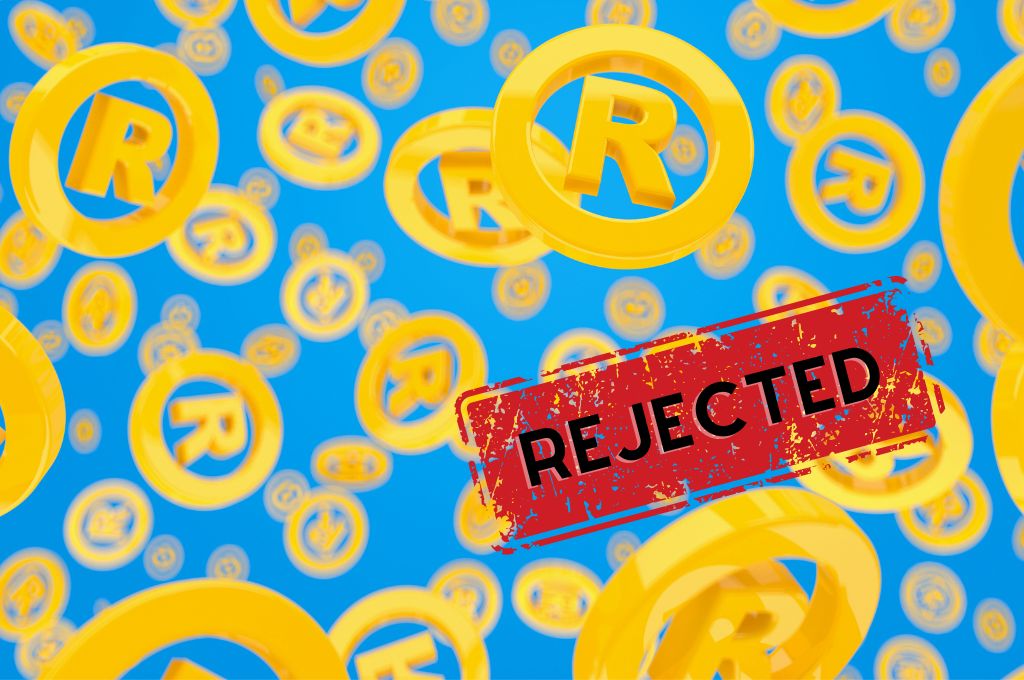How can an entrepreneur be saved from prolonged proceedings or unnecessary costs that could be avoided? How can they be sure of succeeding in obtaining legal protection for their mark? You will get the answer after an in-depth analysis of Article 1291 of Industrial Property Law and the so-called absolute impediments listed in it, which are grounds for refusal of registration for an expert from the Patent Office of the Republic of Poland.
The absolute impediments arise from the nature of the trade mark itself, and make it impossible to use a marking as a trademark, or occur in connection with the use of a trademark. This is why what is evaluated by the Patent Office is either the mark itself or the effects of its use in the trade. A list of these impediments is limited, but it has been expanded compared to the previous act to include bad faith on the part of the applicant.
The impediments arising from the nature of the mark itself most often mean that a marking may be considered contrary to public order or morality. Vulgar, iconoclastic and socially unacceptable marks are an example. Thus, if an entrepreneur plans to register a marking that does not comply with social, moral or ethical standards, they must expect failure at the very outset. Another example are misleading marks, i.e. markings that are likely to mislead the public as to their nature, quality or geographical origin. It is also a common mistake by entrepreneurs to fail to prepare for the registration of a three-dimensional mark, i.e. a particular form of goods or their packaging. This registration is not possible if the form is determined solely by the nature of the goods and it is not possible to separate the marking from the goods. The most popular example is the two-colour dishwasher tablet, this mark was not registered because its shape was considered common and obvious. Those shapes that refer to a technical solution are also excluded from registration. The most famous example of a lost case of this type is the invalidation of a right in the shape of a Lego block (Judgement of CJEU of 14 September 2010, Lego Juris A/S v. OHIM). The last impediment arising from the nature of the mark is, according to Article 1291(9) of Industrial Property Law, the incorporation of any symbol of the Republic of Poland (emblem, colours or anthem) (…). A trademark using national symbols can only be registered upon presentation of a relevant authorisation.
If you wish to register a trademark, you need to bear in mind that its use must not in any way infringe on the personal or economic rights of third parties, or incorporate elements that are religious or patriotic symbols, the use of which could offend someone’s feelings. An example of an unsuccessful registration here is the ‘POKOLENIE JP2’ (English: ‘GENERATION JP2’) mark (Z-295156), which was intended to cover a range of goods: deodorants, jewellery, perfume, coffee and scarves.

(Z-295156)
The last of the absolute impediments to the registration of a mark is the one arising from bad faith. Bad faith is an action that deviates from accepted principles of behaviour or business practice. In this case, the Patent Office does not examine the mark as such, but the attitude of the applicant. We speak of bad faith when the applicant is aware of the fact that they are not entitled to file a trademark application and yet have no reluctance to doing so. Actions in bad faith can be blocking or speculative. The blocking character occurs when a business intends to take over a particular trademark belonging to someone else (but formally available) and files an application not to use it, but to block competition. Speculative action is also not aimed at using the mark, but at controlling its position in the market or becoming rich at the cost of another business. An example of acting in bad faith to become rich by using the image of a well-known person was the 2012 attempt to register the trademark ‘Neymar’ – T-795/17, MOREIRA v. EUROPEAN UNION INTELLECTUAL PROPERTY OFFICE (EUIPO) – Judgement of the Court (formerly: Court of First Instance). Carlos Moreira registered the EU trademark ‘Neymar’ for clothing, footwear and headwear at the European Union Intellectual Property Office (EUIPO). As was to be expected, the invalidation of the right to this mark was immediately requested by the ‘injured party’ himself in the person of Brazilian footballer Neymar Da Silva Santos Júnior. His request was granted.
To avoid being refused registration of a mark you apply for and thus incurring unnecessary costs, wasting time and effort, it is recommended to seek the assistance of experienced patent attorneys who can help you through the application process and come out of it successfully.



